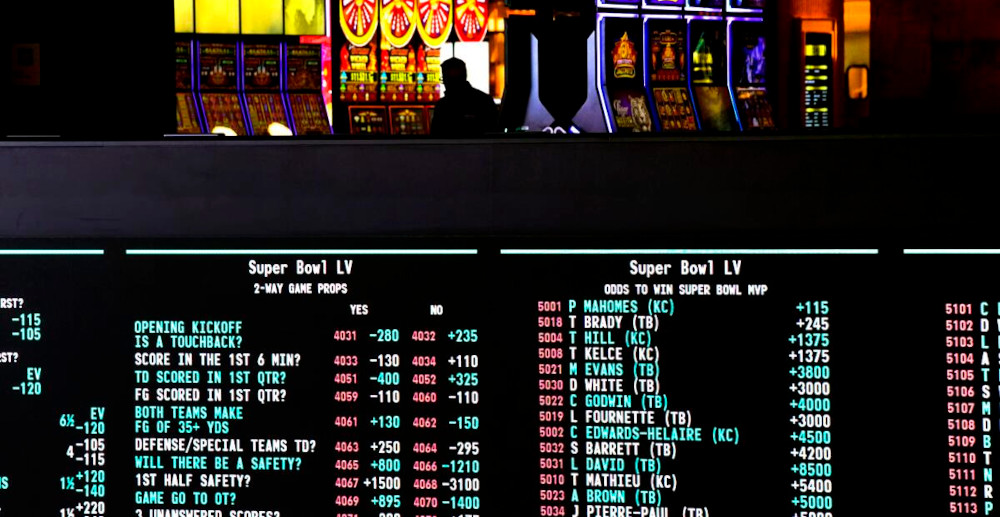As a bookie, one of the most crucial aspects of your business is managing the lines or odds you offer to your clients. These lines are the backbone of your operation, determining the potential payouts and ensuring a profitable outcome for your sportsbook. However, sports betting is dynamic, and circumstances can change rapidly, necessitating line movement to maintain a balanced book. Thus, here’s a guide on the right time for a bookie to move lines.
Line movement refers to the process of adjusting the odds or point spreads for a particular sporting event. This adjustment can occur before or during the event, depending on various factors. Understanding when and why to move lines is a critical skill every successful bookie must possess.
Understanding the Importance of Line Movement in Bookmaking
Effective line movement is essential for several reasons:
- Managing Risk: By adjusting the lines, you can minimize your exposure to potential losses and maintain a balanced book. This ensures that you don’t take on too much liability on one side of a bet, which could result in significant financial losses.
- Attracting Action: Moving lines can help attract more action from bettors, as they may perceive value in the adjusted odds. This increased action can increase profits and a more diverse betting pool.
- Responding to Market Trends: The sports betting market is highly fluid, and public perception can shift rapidly. Line movement allows you to respond to these market trends and adjust your offerings accordingly, staying competitive and relevant.
Factors that Influence Line Movement
Several factors can influence a bookie’s decision to move lines. Understanding these factors is crucial for making informed decisions and maximizing profitability. Here are some key considerations:
- Public Betting Patterns: The public’s betting patterns are one of the primary drivers of line movement. If there is a significant imbalance in the amount of money wagered on one side of a bet, bookies may need to adjust the lines to encourage more action on the other side and maintain a balanced book.
 Injuries and Player Availability: Injuries or player availability can significantly impact the outcome of a sporting event. If a key player is ruled out or expected to miss a game, bookies may need to adjust the lines to account for this change in circumstances.
Injuries and Player Availability: Injuries or player availability can significantly impact the outcome of a sporting event. If a key player is ruled out or expected to miss a game, bookies may need to adjust the lines to account for this change in circumstances.- Weather Conditions: Weather conditions can determine the outcome of outdoor sports. Extreme weather conditions, such as heavy rain or high winds, may necessitate line movement to reflect the potential impact on the game.
- Late Money: In the hours leading up to a game, bookies may receive an influx of “sharp” or professional bettors placing significant wagers. This “late money” can influence line movement as bookies adjust the odds to mitigate their risk and maintain a balanced book. Thus, we recommend reading pay per head news to learn about trends.
- Betting Volume: The overall volume of bets on a particular event can also trigger line movement. If a bookie receives an unexpectedly high volume of bets on one side, they may need to adjust the lines to manage their risk and ensure a profitable outcome.
Right Time for a Bookie to Move Lines
Effective line movement is a delicate balancing act requiring a deep understanding of the sports betting market, betting patterns, and various external factors. By mastering the art of line movement, bookies can minimize risk, attract more action, and ultimately increase profitability.
However, it’s important to note that line movement should never be arbitrary or reactionary. Successful bookies rely on data-driven analysis, market trends, and a keen understanding of their client base to decide when and how to move lines.
Staying up-to-date with the latest industry trends, leveraging advanced betting software, and collaborating with a reputable bookie pay per head provider can also greatly enhance a bookie’s ability to manage line movement effectively.
Remember, in the dynamic world of sports betting, successful line movement is not just a skill – it’s an art form that separates the most profitable bookies from the rest.
If you are starting a bookie business, it is vital to know what is sportsbook pay per head. It is the most cost-efficient way to become a bookie.





